Is Oatmeal Good for IBS?
Oatmeal has been a staple breakfast for many people for years. It is renowned as being easy to prepare, nutrient rich, inexpensive, and of course,
Offering practical, science-based nutrition services and resources to improve your gut and overall health.
Start your gut health journey today with help from a Registered Dietitian.

At Gut Healthy Dietitian, we provide 1:1 virtual dietitian consultation services for a wide variety of nutrition conditions. We take an integrative approach that blends evidence-based guidance with tangible recommendations that you can easily work into your life. We understand that life is hectic and small steps can lead to big results.
Get the specialized attention you need to take action and see changes. Our Registered Dietitians will spend the time necessary to help you implement recommendations and help you stay accountable. For this reason, we strongly recommend our Nutrition Packages for ongoing support.
Living in Ontario? Many Ontario residents have dietitian services covered under individual benefits. Inquire with your provider today.
Gut Healthy Dietitian is now offering gut microbiome testing. Microbiome testing gives us the inside scoop on your microbes so we can personalize your nutrition approach to provide maximum results.

Our IBS management program includes two individual sessions with a gut specialized dietitian to guide you through our evidence-based approach to IBS. This plan was developed after working with hundreds of clients with IBS, and focused on minimizing symptoms in the least restrictive way possible, with the goal of strengthening long-term gut health.
Get all the tools you need to improve your gut health and meet your overall health goals. Participants receive 4-weeks of meal plans incorporating the Gut Healthy Dietitian approach to fueling your healthy gut microbes. Meals are delicious, quick, satisfying and family-friendly!



Oatmeal has been a staple breakfast for many people for years. It is renowned as being easy to prepare, nutrient rich, inexpensive, and of course,

Managing Inflammatory Bowel Disease (IBD) can be quite complex and seriously hinder a person’s quality of life. Traditional treatment approaches have varying efficacy and are

Mushrooms are usually celebrated for their unique flavour and culinary versatility, but only recently are they being talked about for their health benefits. Mushrooms actually
